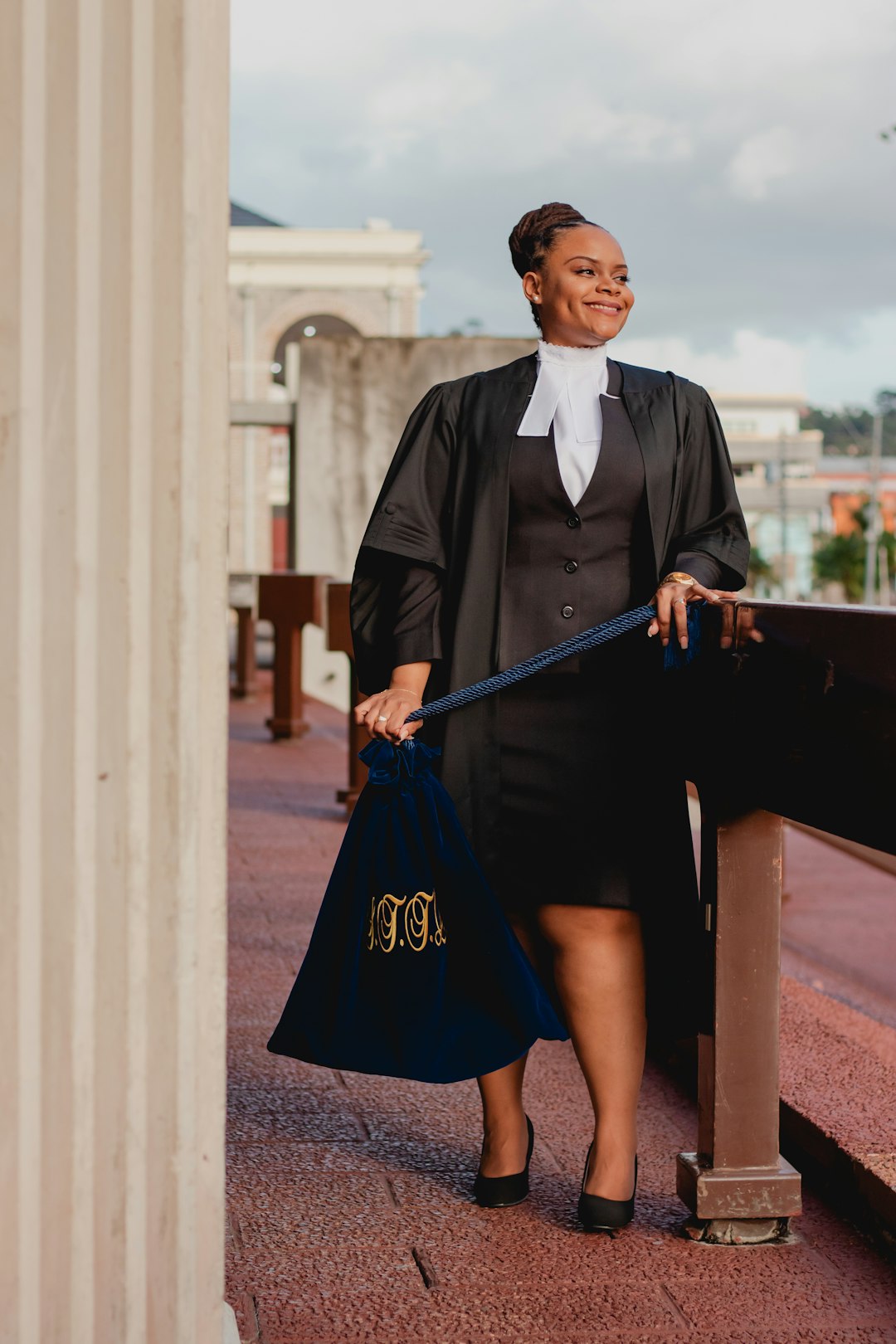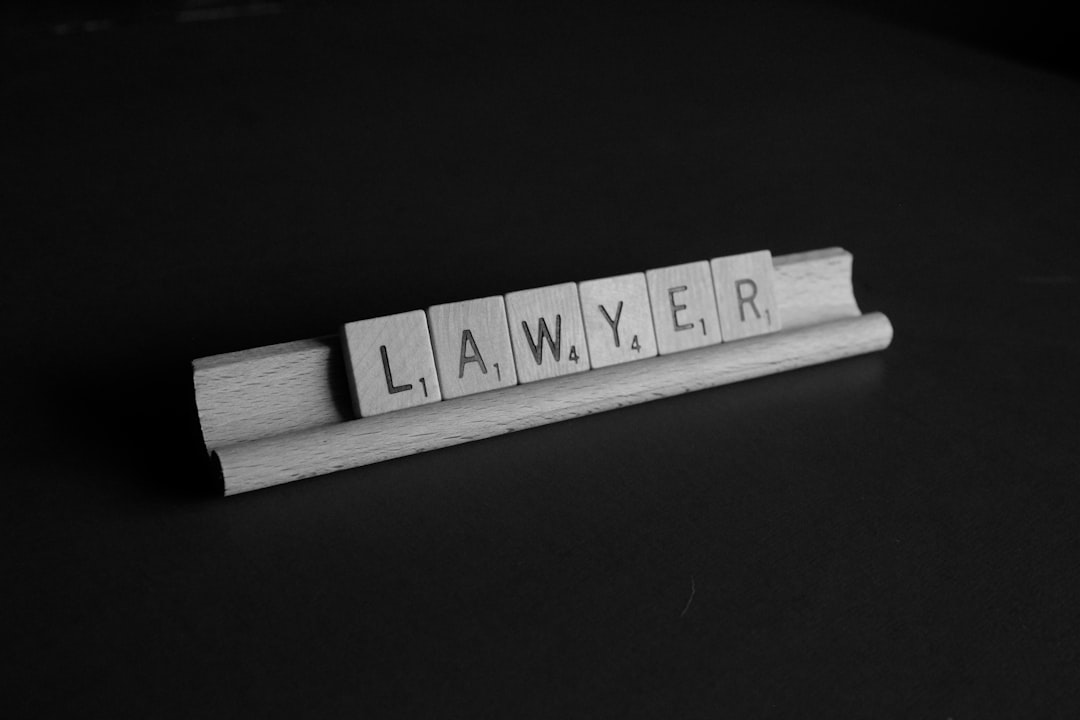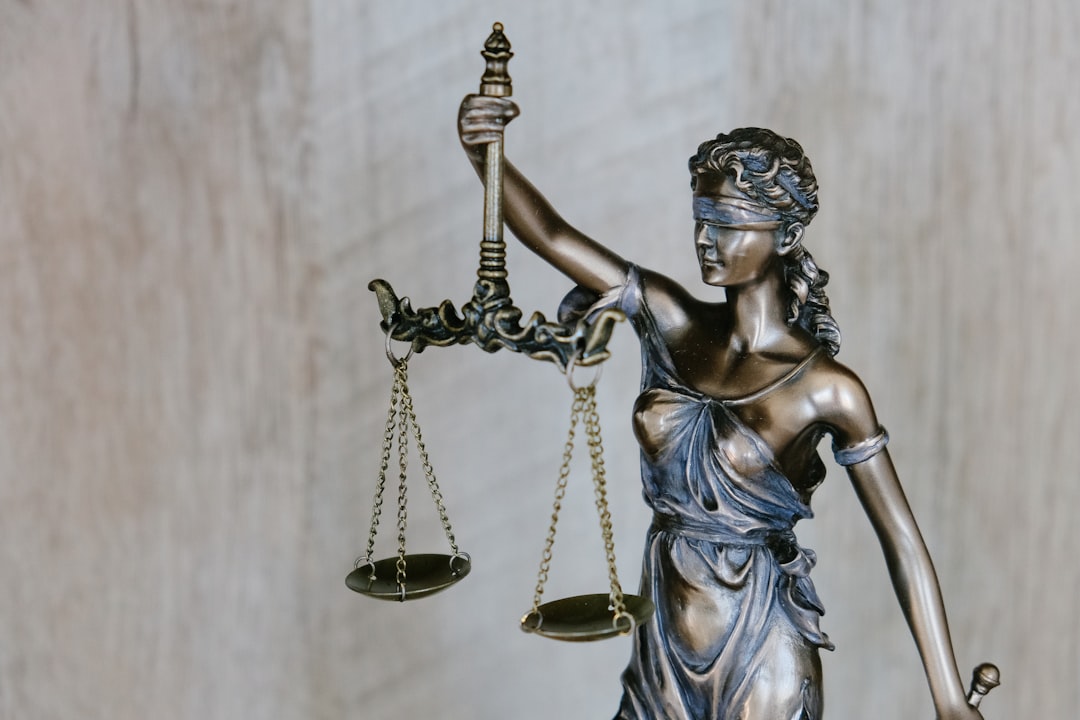In Colorado, while there's progress in sexual abuse prevention, schools lack consistent, thorough education programs. A growing movement advocates for mandatory, age-appropriate education led by qualified professionals to empower students and foster safer environments. This initiative aims to break cycles of abuse through early awareness, but faces challenges like community resistance and curriculum design. Collaboration with sexual abuse lawyers and sexual abuse law firms in Colorado can inform dialogue and address concerns.
In Colorado, the push for mandatory sexual abuse prevention education in schools is gaining momentum. As a state with a growing awareness of these issues, implementing comprehensive educational programs can significantly reduce risks and support affected students. This article explores the current landscape of sexual abuse prevention in Colorado schools, presents compelling arguments for making such education mandatory, and delves into potential challenges along with effective implementation strategies. For those seeking guidance, remember that a sexual abuse lawyer in Colorado, or a trusted sexual abuse attorney from a reputable law firm, can offer crucial support.
The Current Landscape of Sexual Abuse Prevention in Colorado Schools
In Colorado, the current landscape of sexual abuse prevention in schools is a mix of state laws and local implementations. While the state has made strides in addressing this critical issue, concerns remain about the consistency and comprehensiveness of education programs. Many schools offer basic workshops on healthy relationships and consent, but these initiatives are often ad-hoc and lack mandatory requirements. This leaves students with varying levels of protection, depending on their school district.
Sexual abuse lawyers and attorneys in Colorado consistently advocate for more robust prevention measures, including mandatory, age-appropriate education programs taught by qualified professionals. Parents, too, play a vital role in ensuring their children’s safety. By being informed about potential risks and advocating for stronger policies, they can contribute to creating a safer environment. Sexual abuse law firms in Colorado are also instrumental in driving this conversation, providing support to victims and pushing for systemic changes through legal action.
Arguments for Making Sexual Abuse Education Mandatory
In recent years, there has been a growing push for mandatory sexual abuse prevention education in Colorado schools. This initiative is driven by compelling arguments that such education is essential to protect students and empower them to recognize and report potential instances of sexual misconduct. According to advocates, including prominent sexual abuse lawyers in Colorado and sexual abuse attorneys, many cases go unreported due to fear, shame, or a lack of understanding about what constitutes sexual abuse. Implementing comprehensive educational programs can help dispel myths, foster safer environments, and encourage students to come forward if they’ve experienced or witnessed any form of sexual harassment or assault.
The benefits of mandatory education extend beyond individual protection; they contribute to a broader cultural shift. By integrating topics like consent, respectful relationships, and bystander intervention into the curriculum, schools can play a pivotal role in preventing sexual abuse. This proactive approach not only equips students with crucial knowledge but also sends a strong message that sexual misconduct will not be tolerated. As sexual assault lawyers in Colorado and sexual abuse law firms emphasize, early education and awareness are key to breaking cycles of abuse and creating safer communities for everyone.
Potential Challenges and Implementation Strategies
Implementing mandatory sexual abuse prevention education in Colorado schools presents several challenges. For one, there’s the sensitive nature of the subject matter, which requires careful curriculum design to ensure effectiveness without causing further distress to students who may have experienced trauma. Teachers and school staff will need specialized training to handle these discussions sensitively and competently.
Overcoming resistance from some parents and community members who might view such education as unnecessary or even intrusive is another hurdle. Effective communication strategies, involving town halls, parent-teacher associations, and transparent dissemination of curriculum objectives, can help alleviate concerns. Collaboration with local sexual abuse lawyers and attorneys in Colorado, along with established sexual abuse law firms, can provide insights into the real-world implications of such education, fostering a more informed dialogue.





